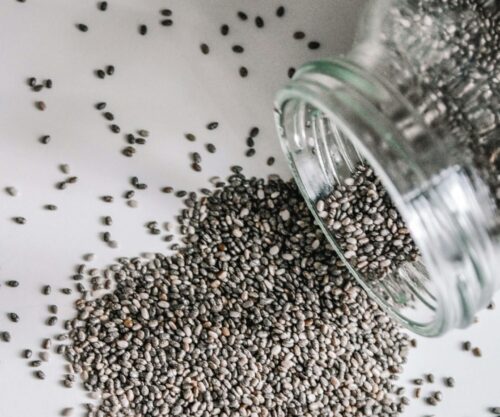
As a firstborn girl child, you sometimes feel the responsibility to co-parent as you may worry about the well-being of your siblings and take it upon yourself to make sure that they don’t lack anything under your watch. Its instincts, you often can’t help it, this is one of the reasons older sisters are called deputy parents.
However, have you ever thought of this as a syndrome? It’s called the eldest daughter syndrome. According to Happiful, an online mental health and well-being magazine, this syndrome refers to the emotional burden that the eldest daughter tends to take on within the family unit. “It may involve looking out for younger siblings, helping out around the house more than others may, and taking on responsibilities beyond their years.”
Who would have thought that being an older daughter could be some kind of a condition? The above publication mentions that although this syndrome is not diagnosable, it is clear to recognise and there are certain symptoms or behaviours associated with it, these include:
- habitually taking on leadership roles
- always putting other people’s needs above your own
- feeling responsible for other people’s feelings and actions
- making decisions for other people
- being a perfectionist
- unable to rest
- struggle to say ‘no’ or to set boundaries
- seeking validation from parents and authority figures
- feeling obligated to role model good behaviours
- high levels of stress, anxiety, and burnout
Laurie Kramer, a professor of applied psychology at Northeastern University whose research focuses on sibling relationships, claims that the eldest daughter syndrome is, “not a real diagnosable condition, nor does one’s birth order and gender mean they will automatically have certain traits or roles within the family.” Instead, Laurie believes that many eldest daughters do end up taking on duties without recognition due to societal norms.
Dr. Julia Rohrer, a personality psychologist at the Wilhelm Wundt Institute for Psychology, quoted a 2024 study that discovered that “Mother’s prenatal distress can speed up several aspects of a daughter’s pubertal development, particularly for firstborn daughters. In essence, these firstborn girls develop socially, but not sexually, more quickly than other girls, which may be an evolutionary benefit for mothers who require support in raising other children.” The study, according to Julia, has little to no relation to the concept of the eldest daughter syndrome.
Whether an elder daughter chooses to either embrace her birth order or take it as a burden, depends on the family dynamics. If she is unfairly overwhelmed with responsibilities beyond her capacity then, she is most likely to burn out and feel oppressed. If there is a balance in how parents share responsibilities with her, then she would flaunt her big-sisterhood capabilities and groom her siblings without pressure.
Also see: Woman’s mother in-law puts her wig in the washing machine




